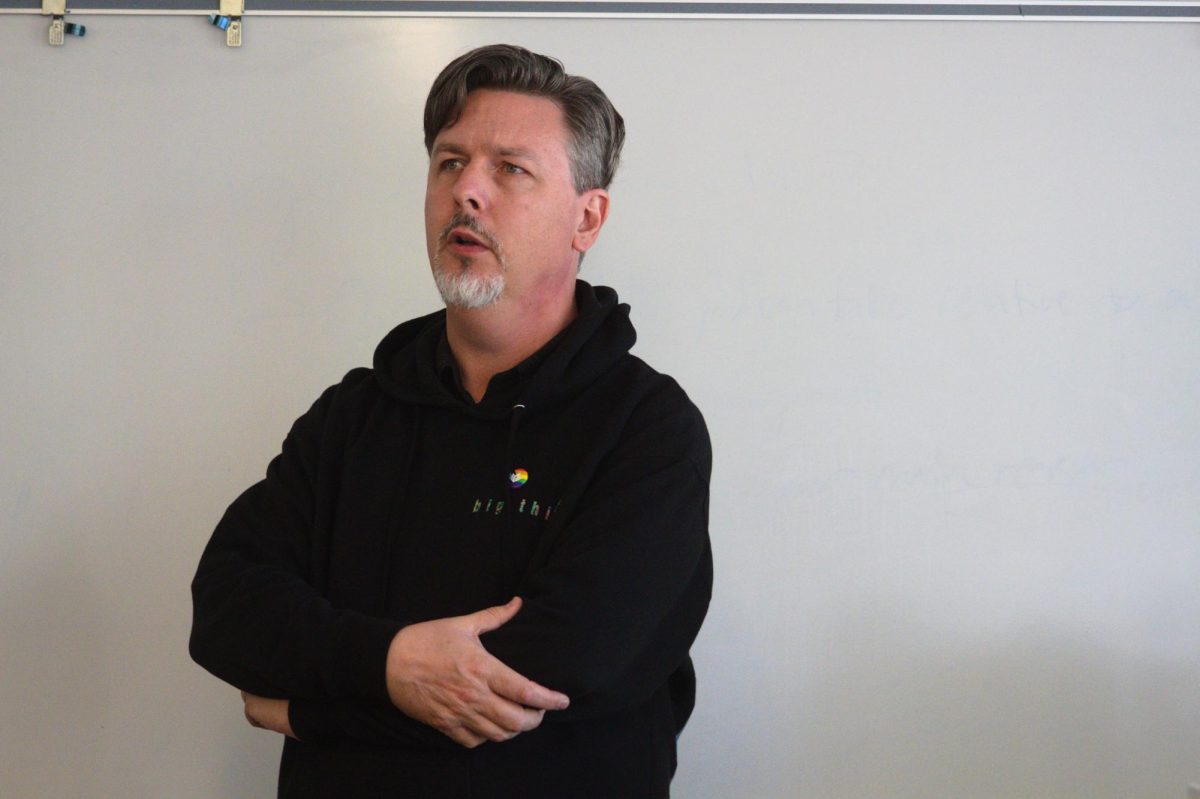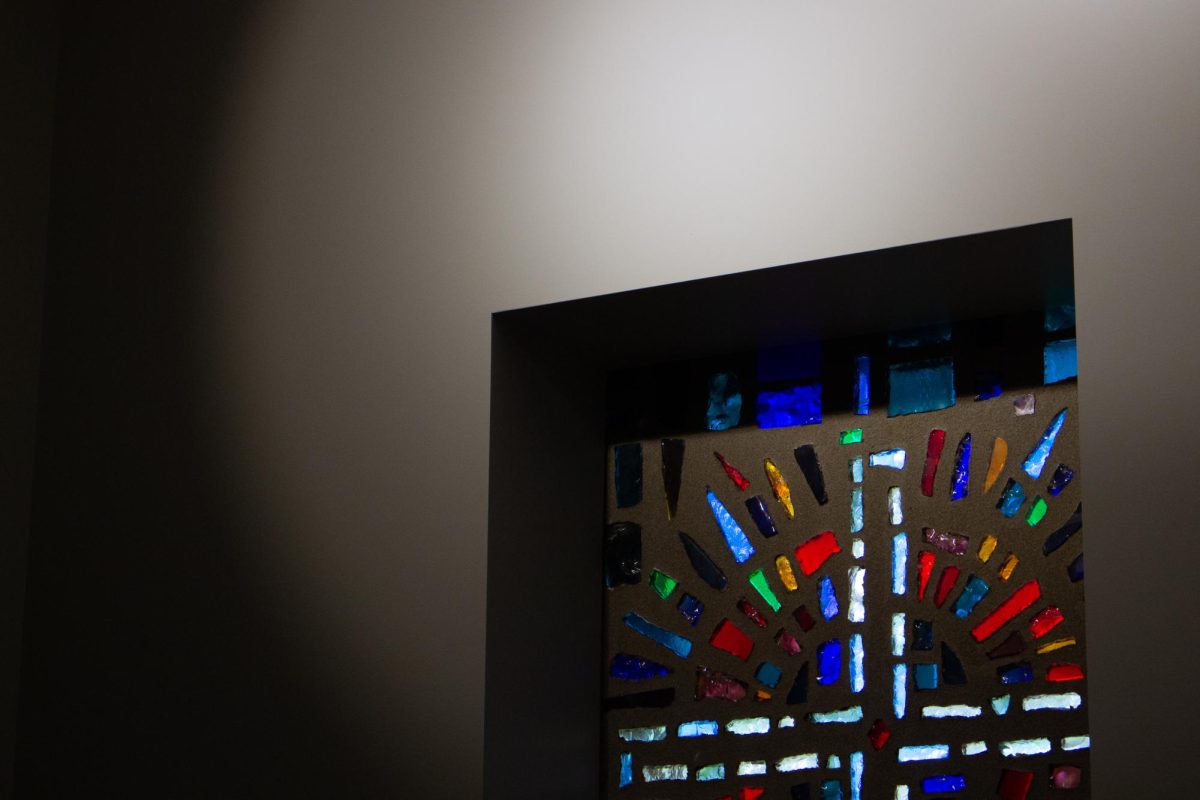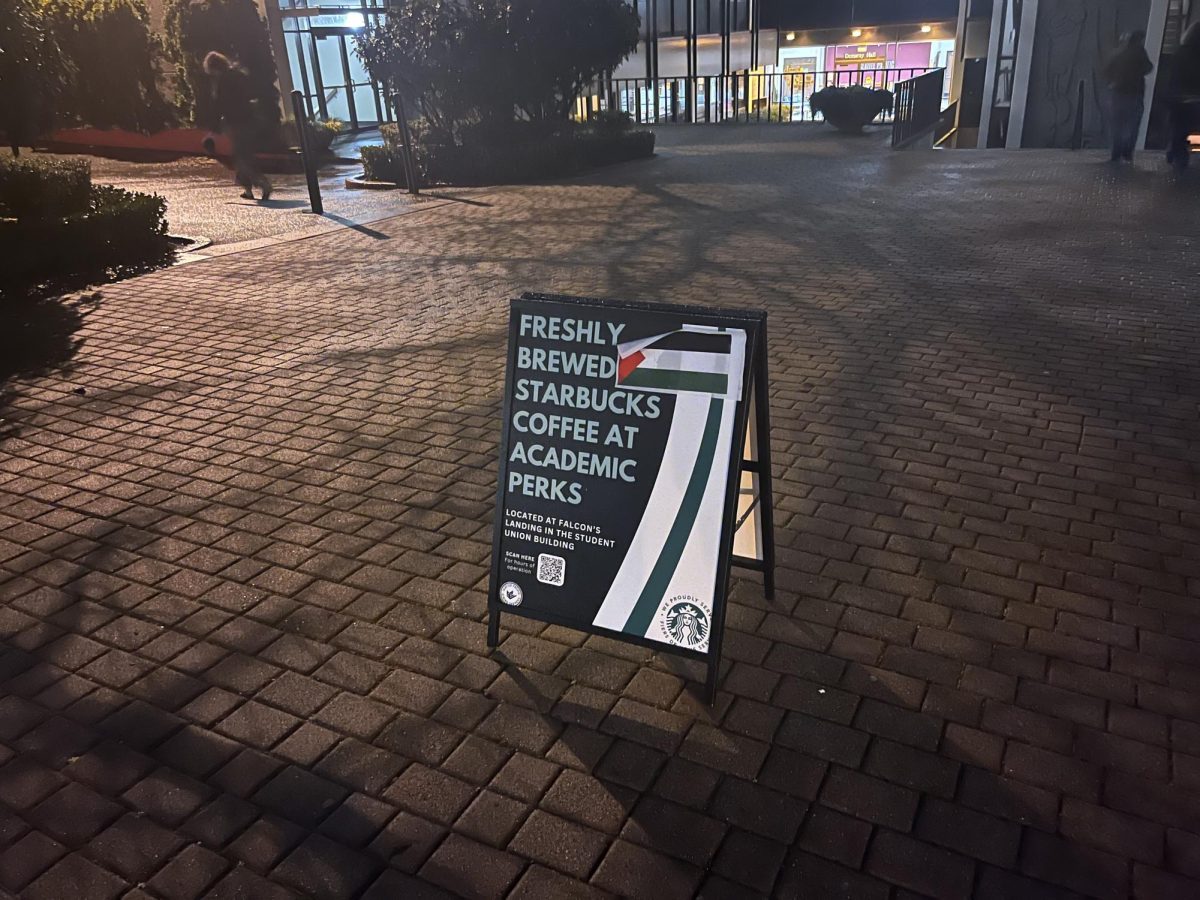
The recent conflict in Gaza has caused a surge in pro-Palestine activism across the globe. Among protests and demonstrations, boycotting is an increasingly popular way for communities to raise awareness and show support for various causes. During a protest on Jan. 25, student activists at Seattle Pacific University urged attendees to boycott certain on-campus brands.
Impassioned student Gail McMillan read off a list of consumer products they said should be boycotted due to the company’s support of Israel and/or lack of support for Palestine. The list, including Starbucks and Cheetos, was edited to reference products sold by SPU’s C-Store.
Sophomore Erin Hallquist — an English, social justice and cultural studies and honors triple major — has participated in boycotts against these various companies since winter break, when she first heard about them.
A day after the pro-Palestinian protest, Hallquist and others attempted a silent protest to bring further awareness to students of the brands within the C-Store which are on the boycott list. They went to place sticky notes on products they felt students should be mindful of purchasing. The sticky notes were soon removed by request of a store manager.
“My friend and I were doing it. It definitely felt like we were doing the right thing and raising awareness, but I knew that it wasn’t going to last long,” Hallquist said. “The store manager was very kind about it and he was trying to work with us. He did allow us to have them in the store for a time. Sadly, I don’t think many people saw them.”
Boycotts are a way for customers to use their monetary power to consciously support causes they care about, instead of making unconscious decisions about products. Economics professor Geri Mason tells her students that they vote with their dollars.
“The companies that we choose to buy products from, when we buy the products it’s a signal of our support,” Mason said. “A boycott is really when a bunch of consumers get together to try and vote against a company, to vote away from that company. You’re getting as many voices together to amplify the message.”
In response to the ongoing events in Palestine, many have been advocating for a ceasefire through boycotting big-name conglomerates such as Disney, McDonalds and Starbucks. Some students believe the global Starbucks boycott should be applied to Academic Perks, an espresso shop that serves Starbucks coffee on campus.
“It’s a hard topic because they are primarily Starbucks adjacent, so I’m not intending to harm other students and student workers, but I am also trying to fight with my own morals and say, ‘what is it that I can stand for, and what can I accept and what can’t I accept?’” Hallquist said.
According to Mason, when a company feels economic pressure from consumers, employee benefits and hours are the first to take a hit.
“If a boycott is really effective and sales are really hurt, which is different than stock prices being hurt, that is going to manifest in a reduction of labor and the company is going to try to save money somewhere,” Mason said.
Faith Gutierrez, a social justice and cultural studies major believes in the power and conviction of the protest but thinks that the reality of extending it to Academic Perks.
“If it’s someone who believes in supporting the boycott and whose values don’t align with the company’s, then they might have to face a moral dilemma: ‘Should I quit my job? Should I be working for this company?’” Gutierrez said. “At the same time, these are people working minimum wage jobs, who might need to work this job.”
Hallquist, like many college students, does not have a steady income but still wants to protest. For her, boycotting is an answer.
“There’s not much I can do financially,” Hallquist said. “What I can do is not spend money, or spend money in a meaningful way.”

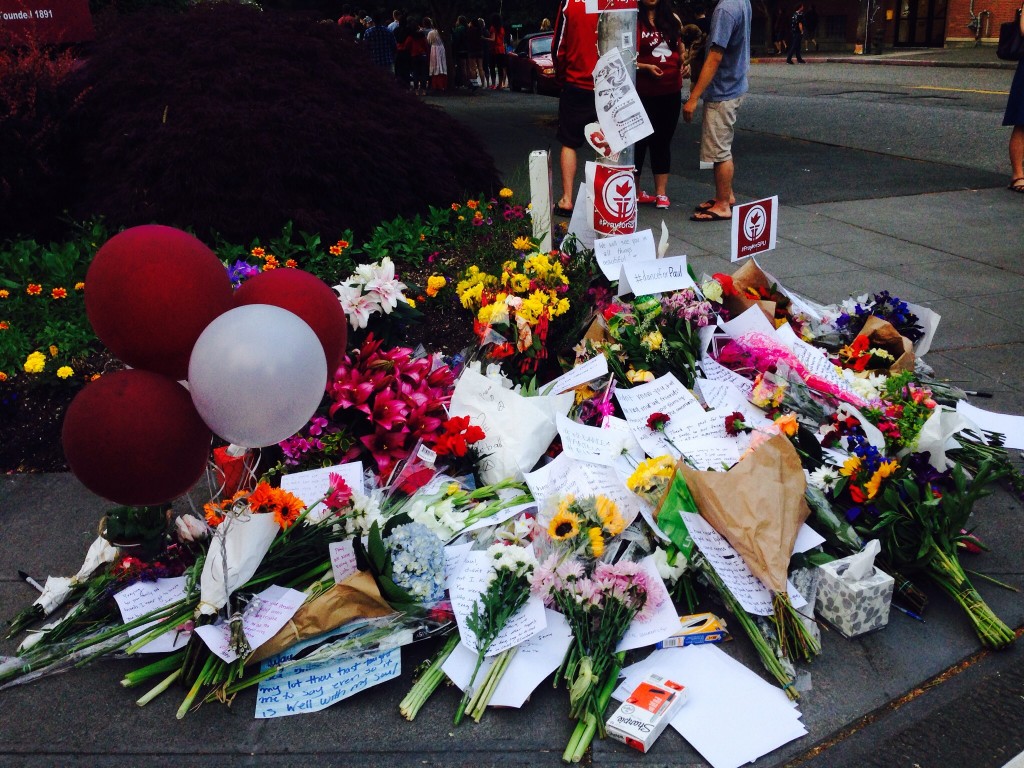

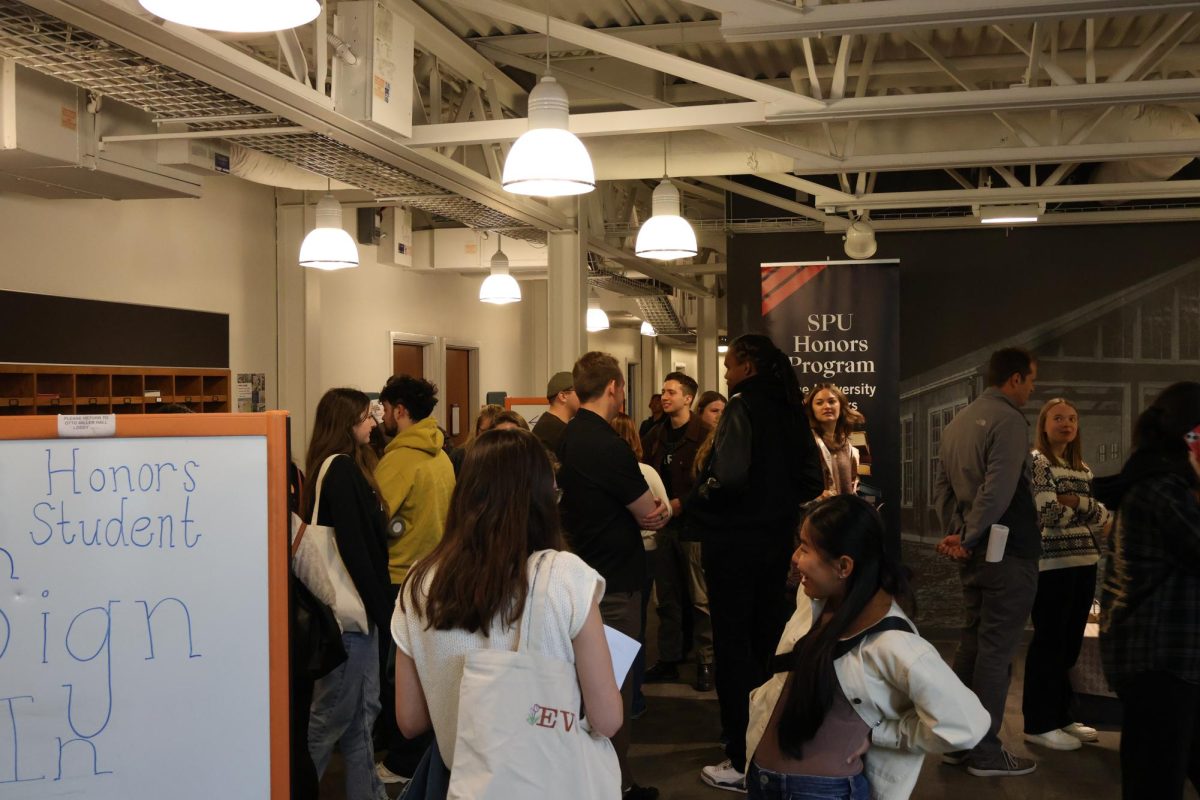
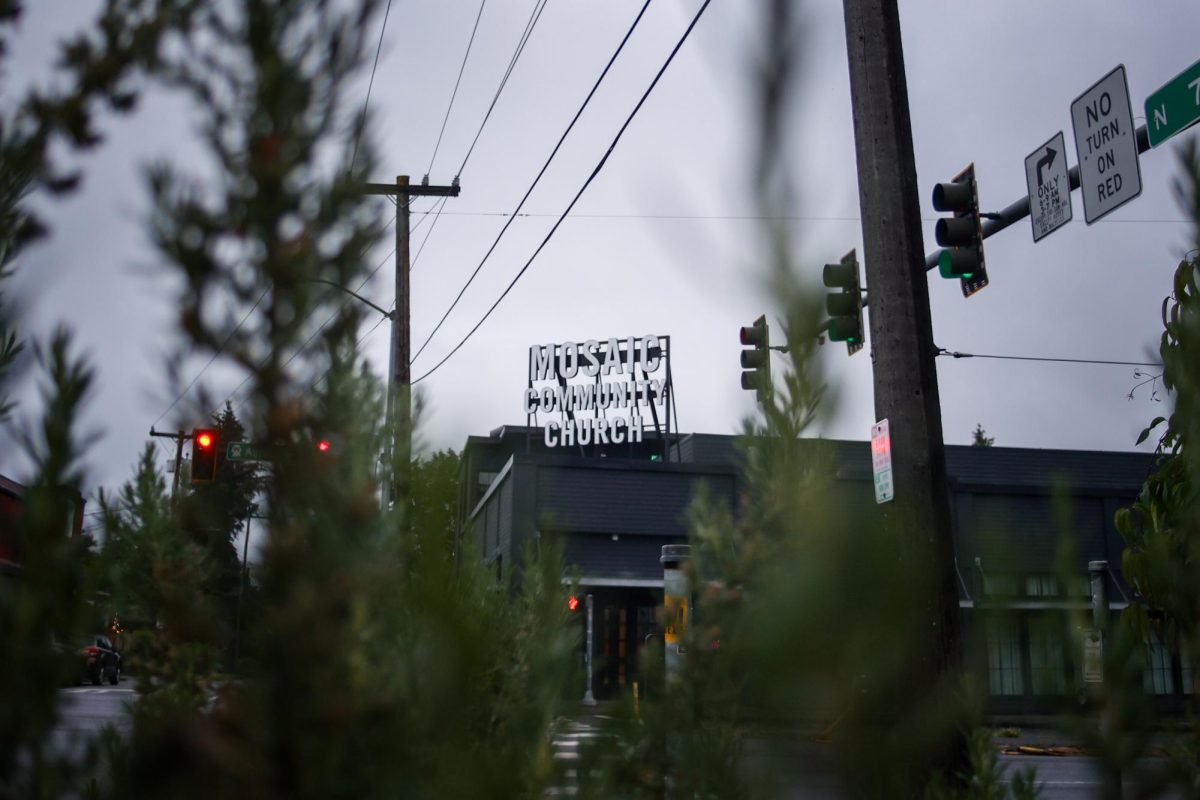
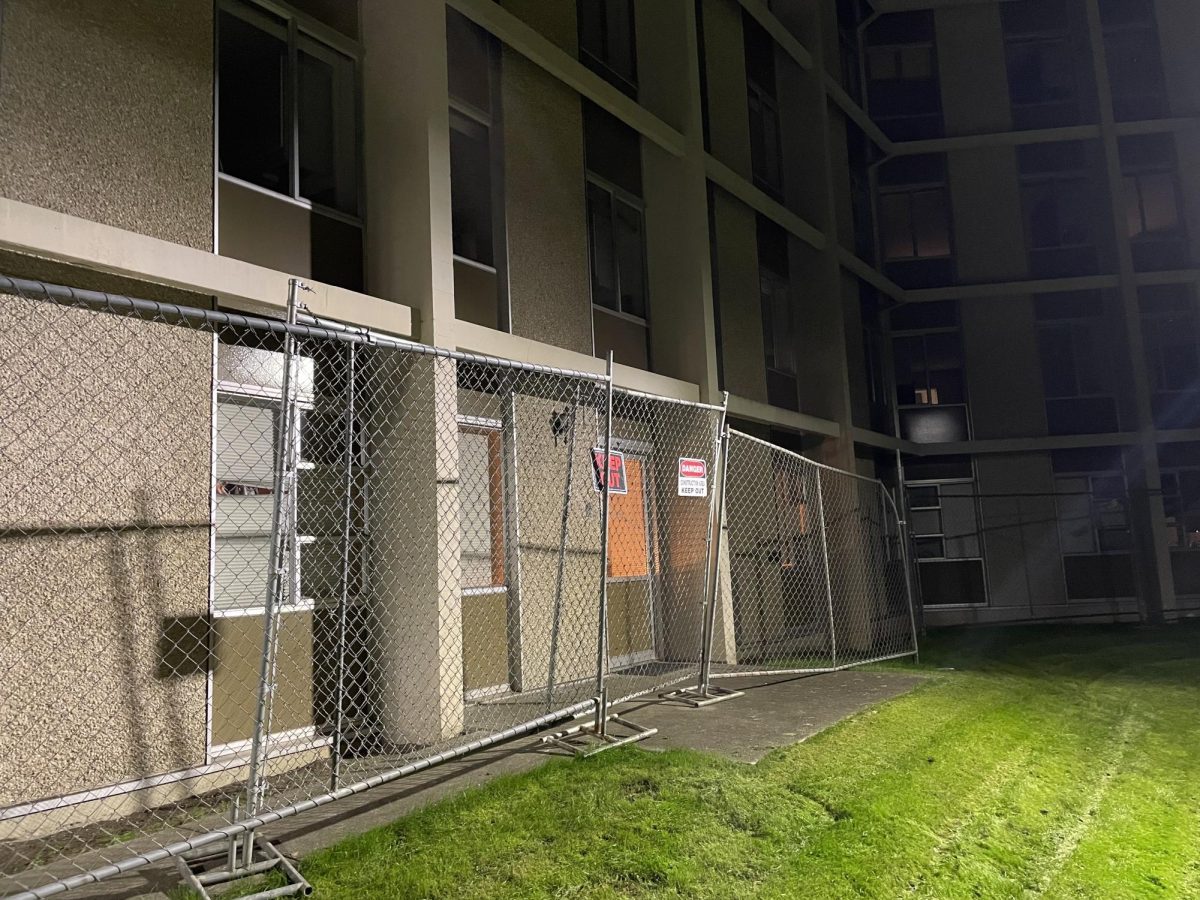









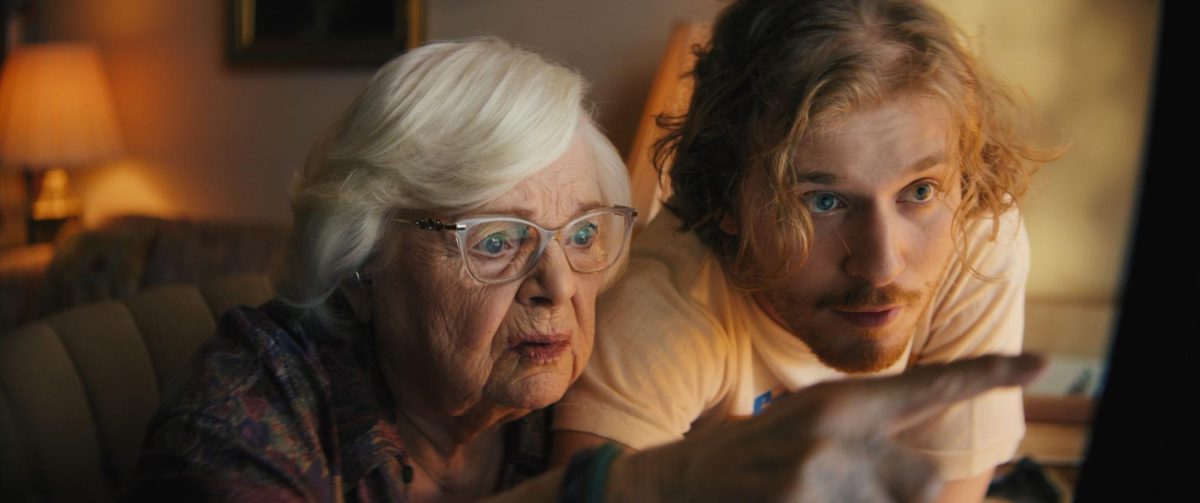
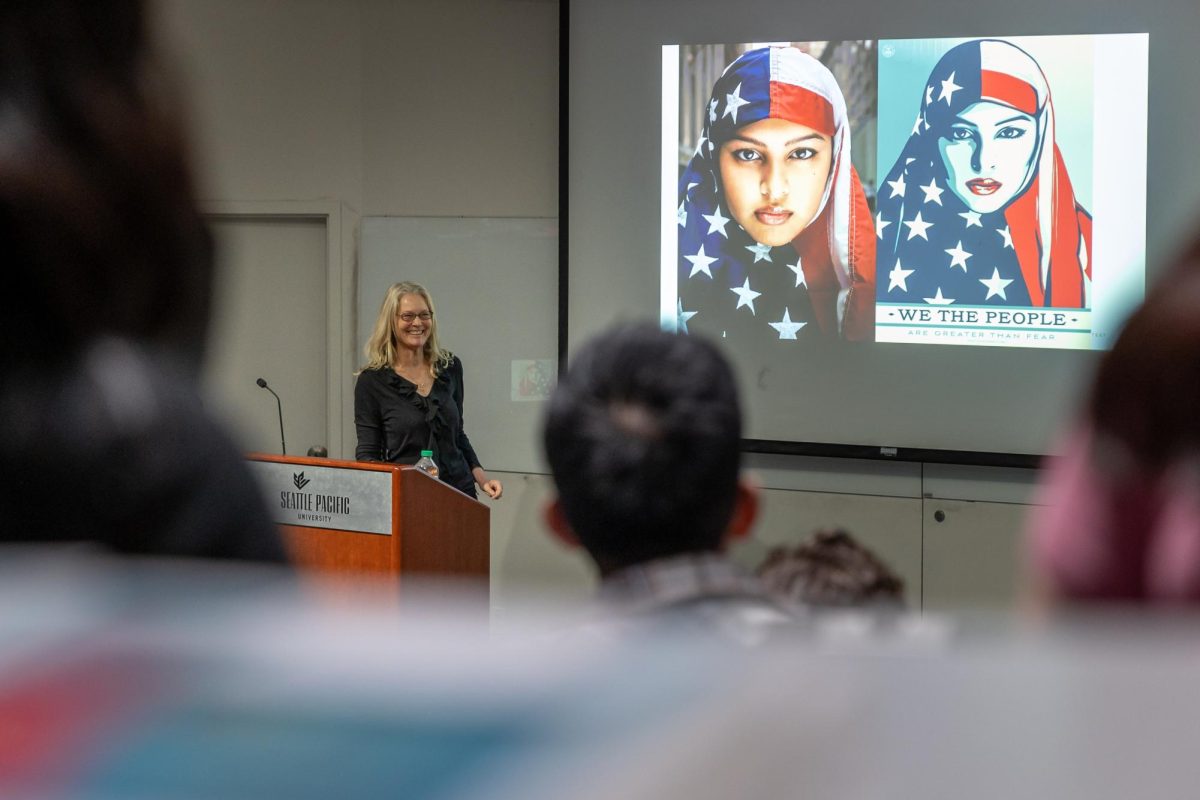


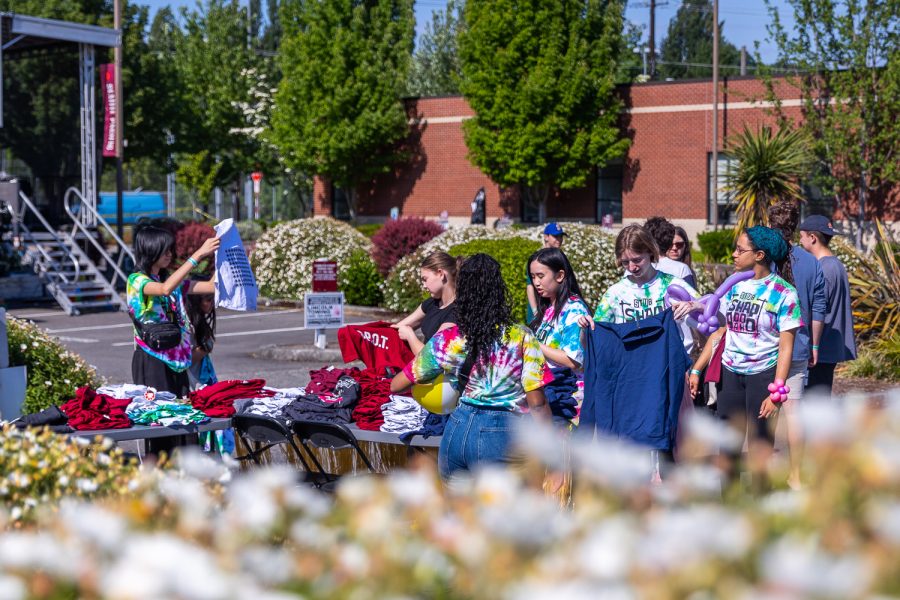
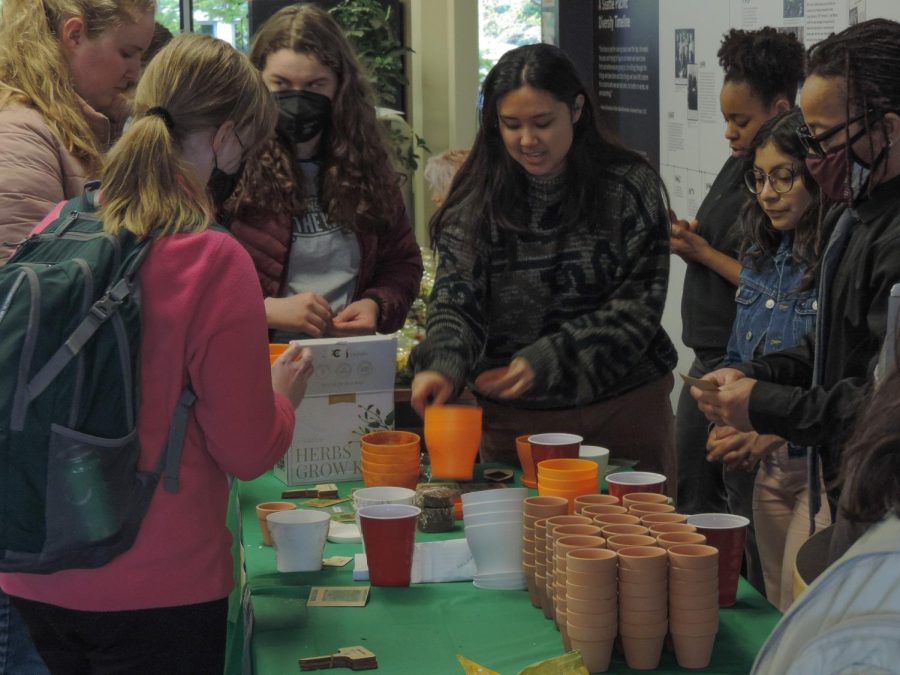

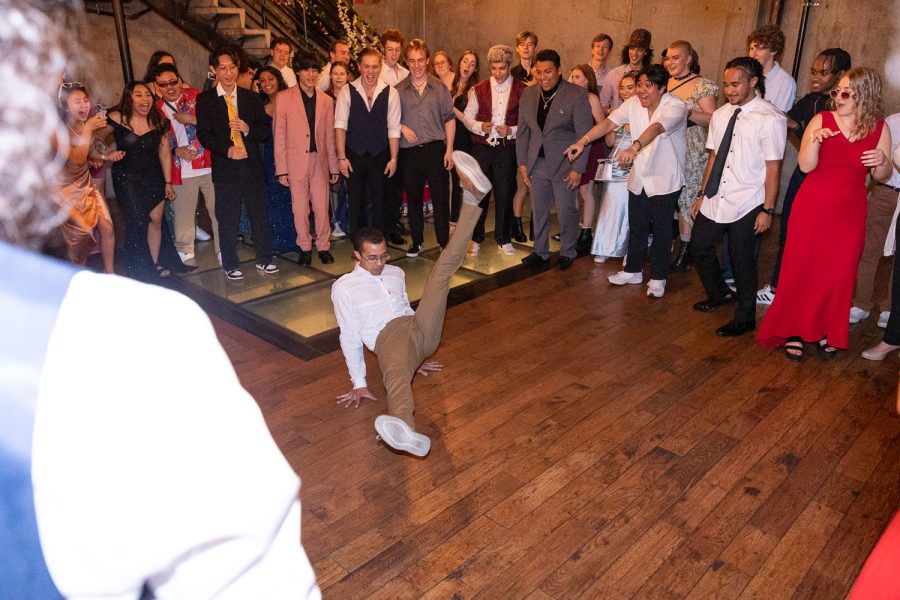
















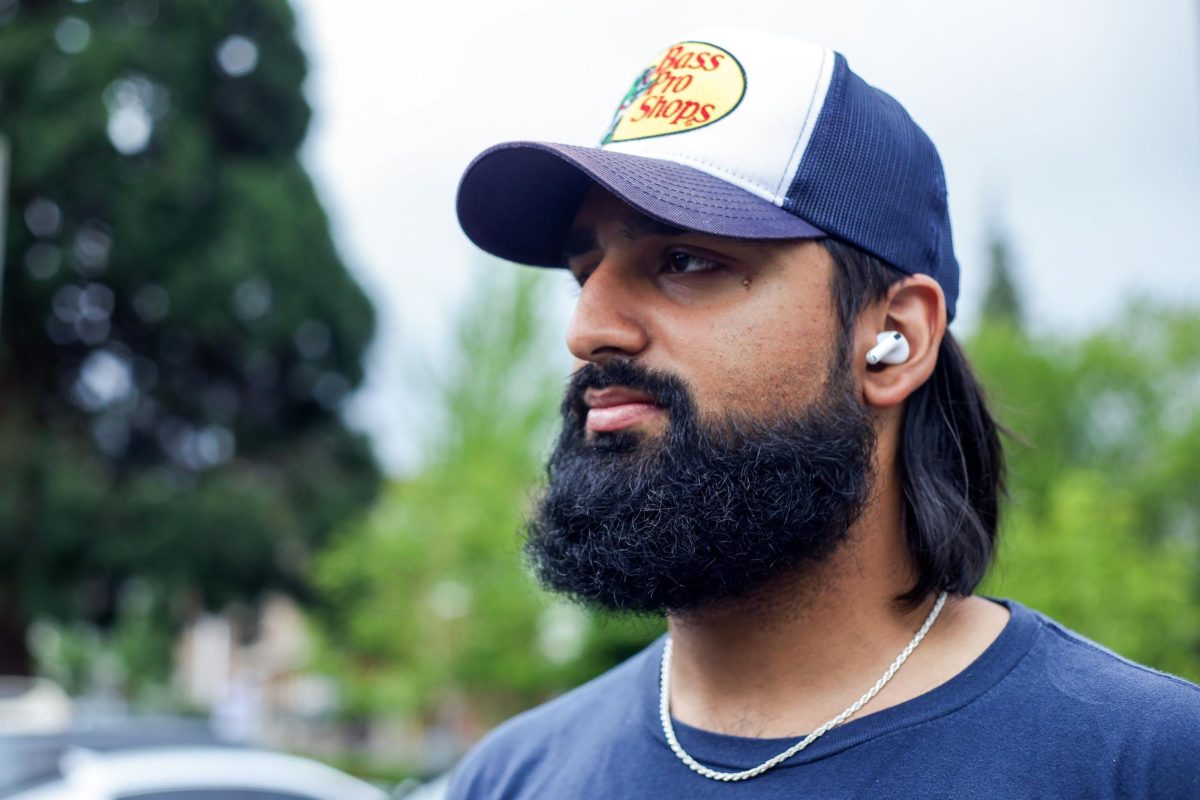
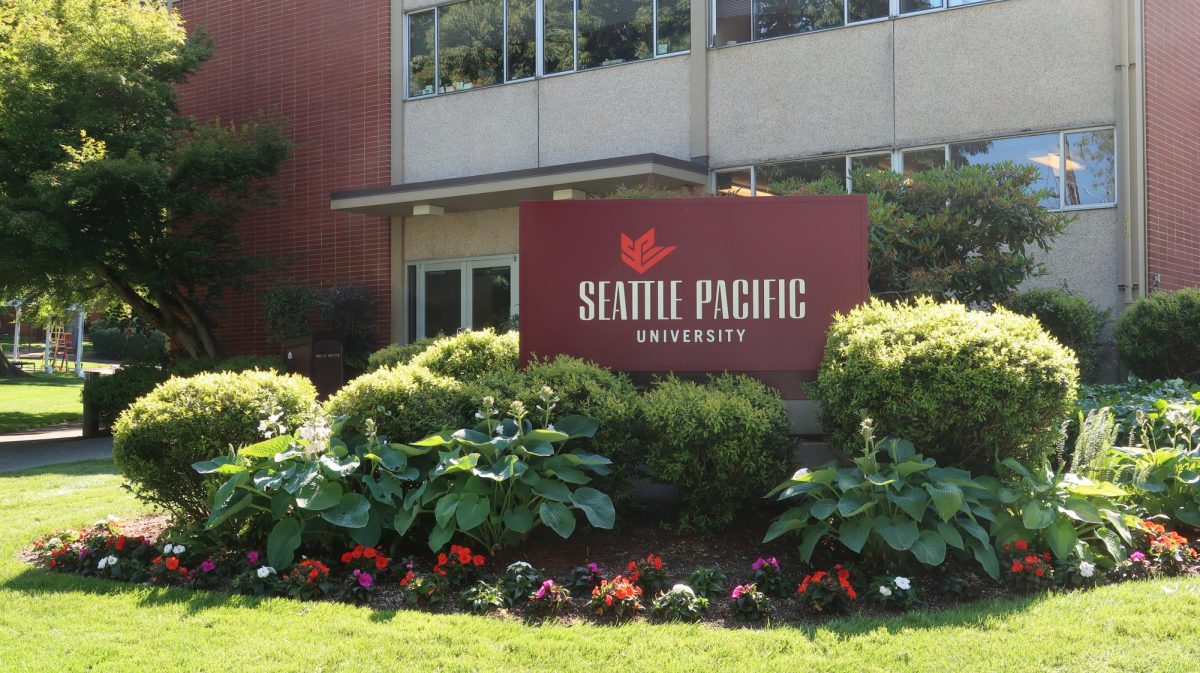
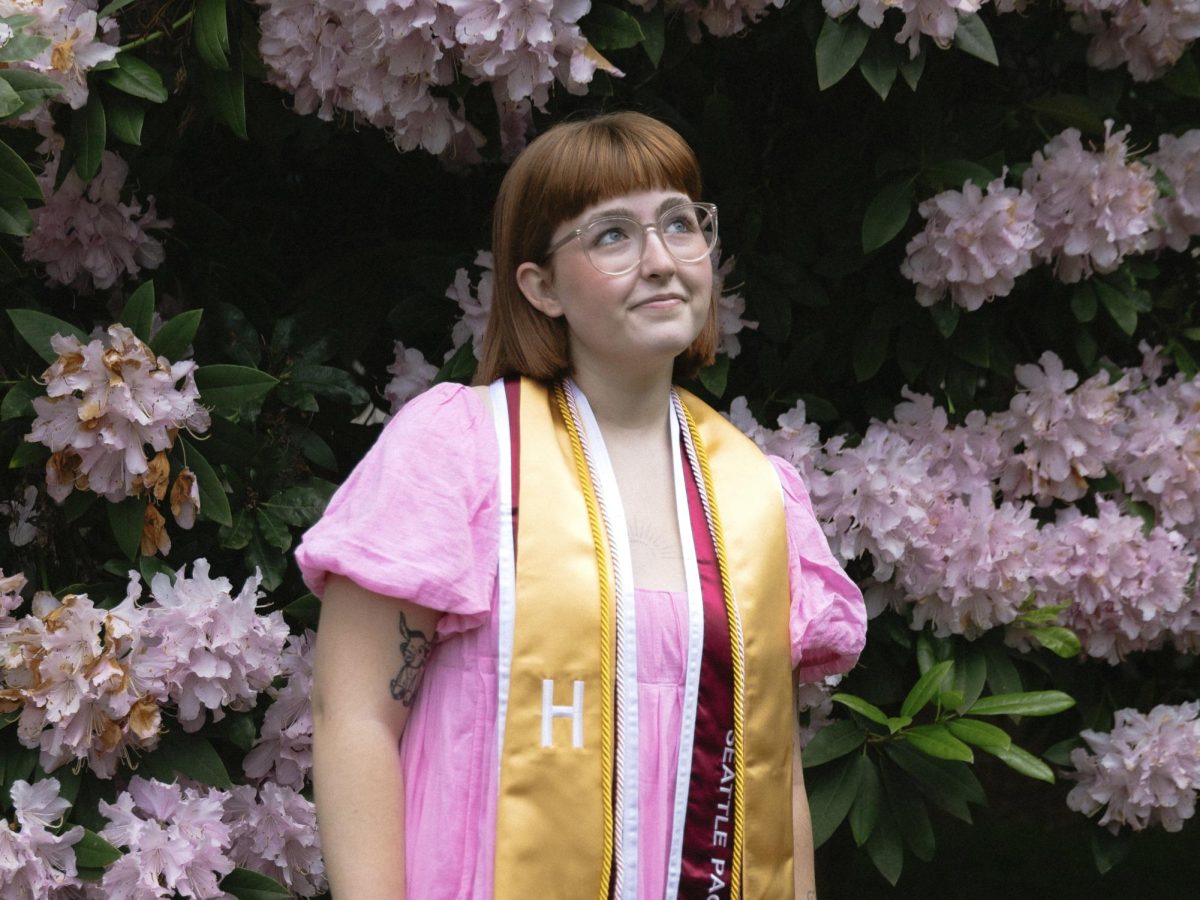

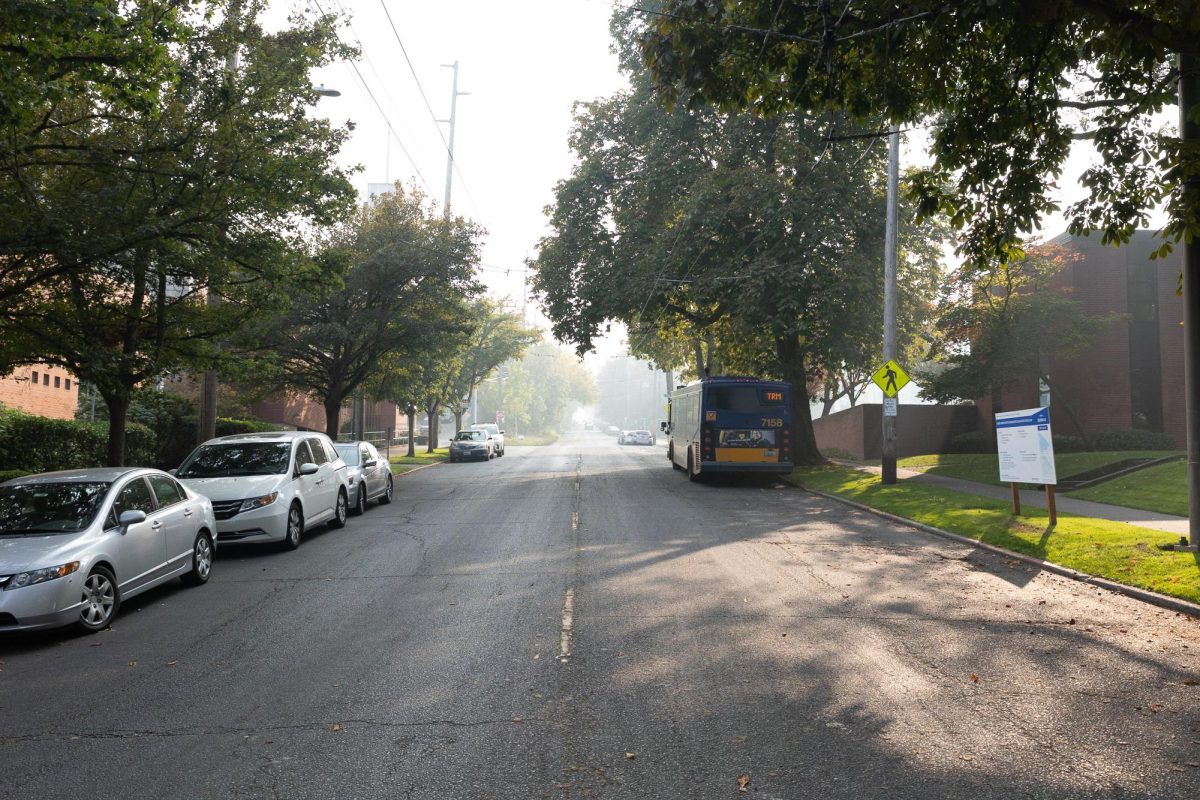



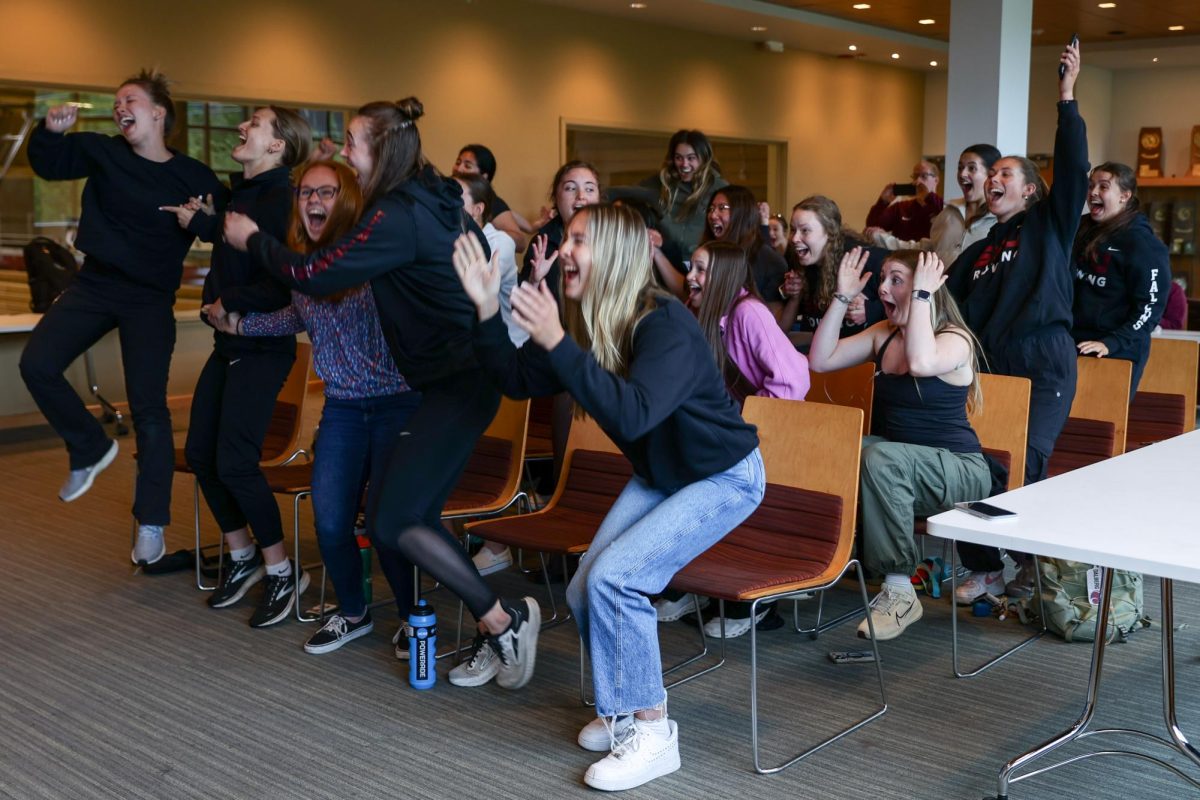
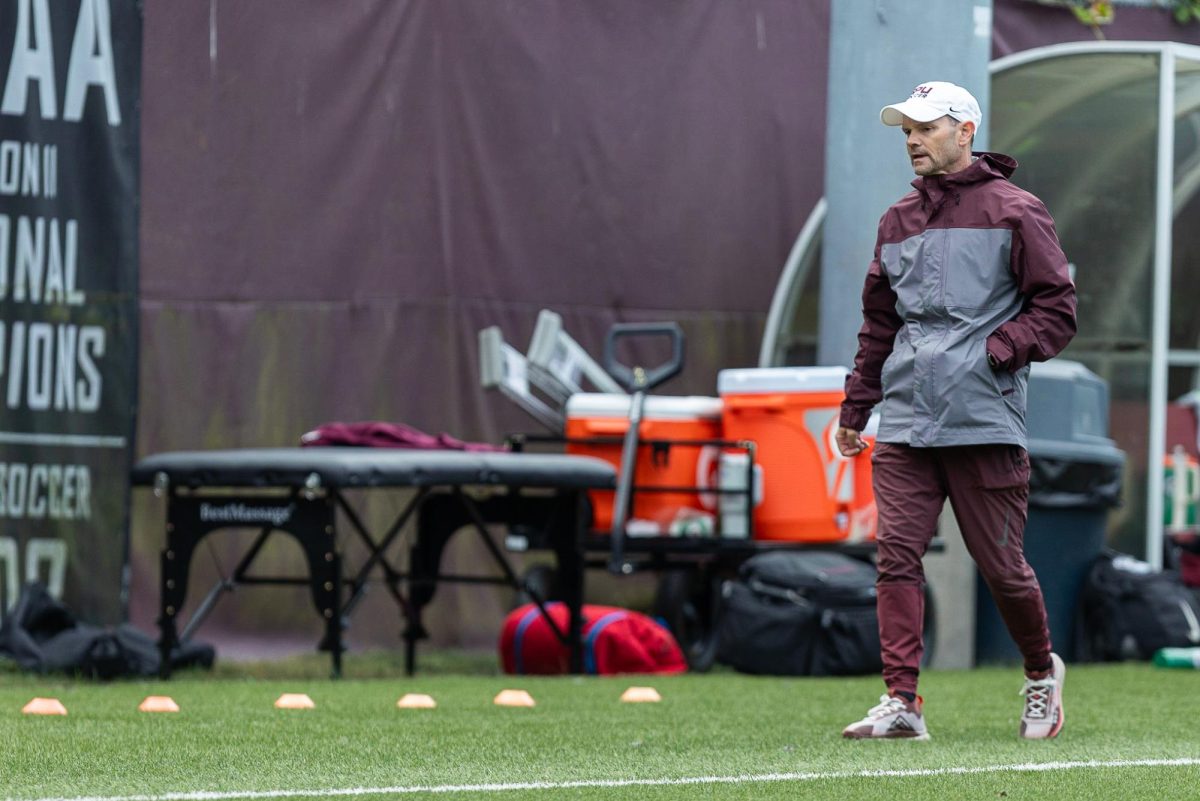

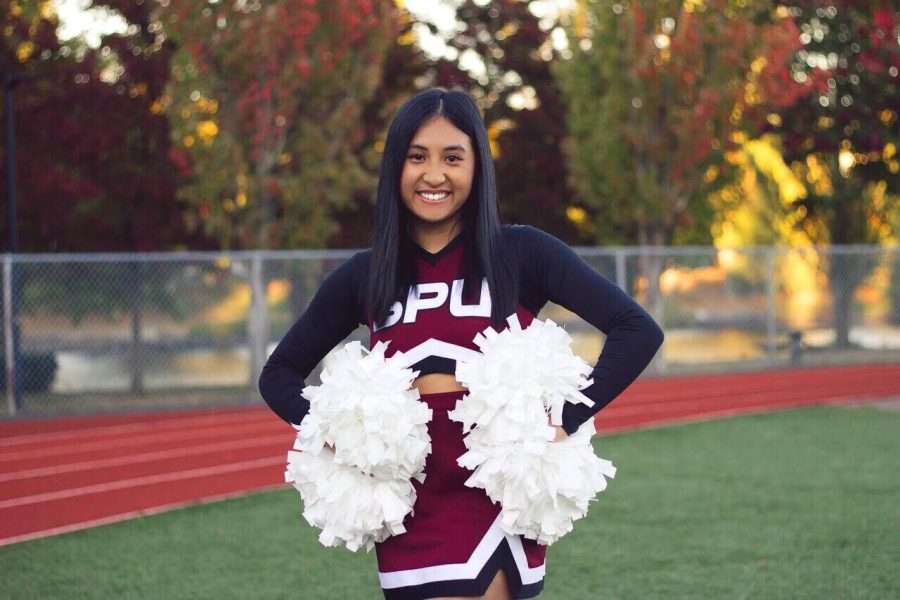


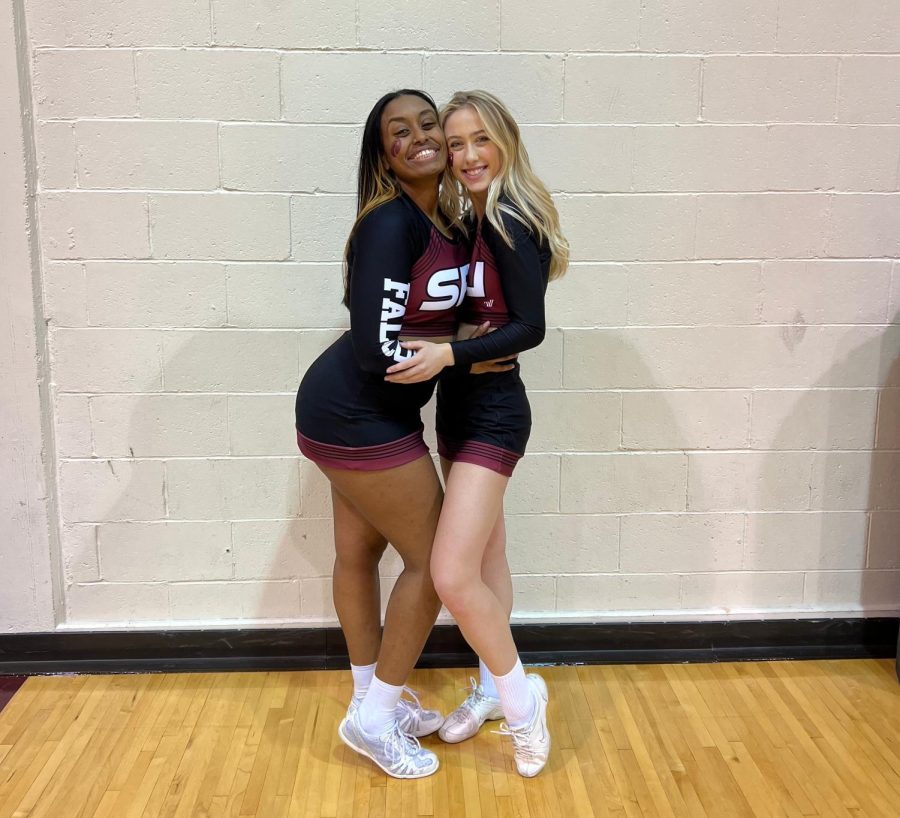




























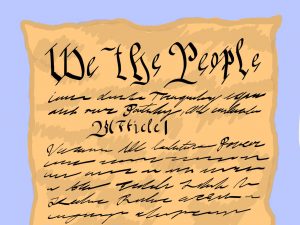


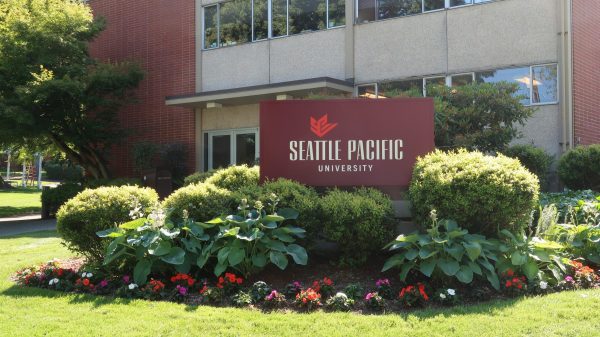
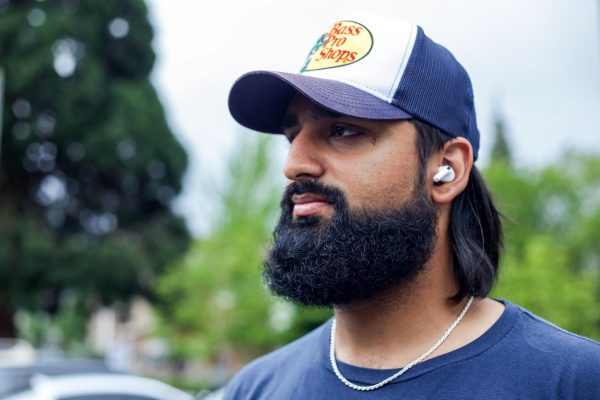
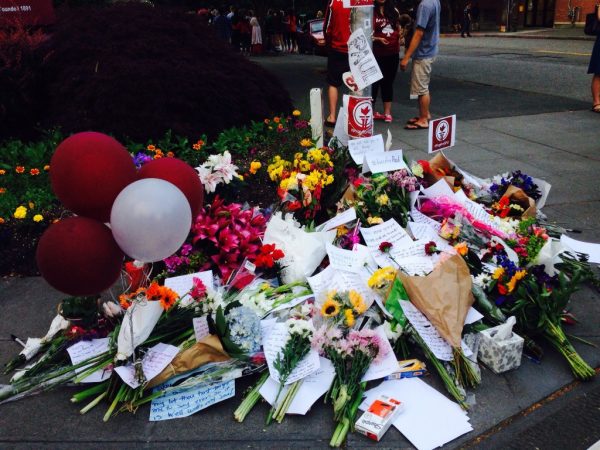

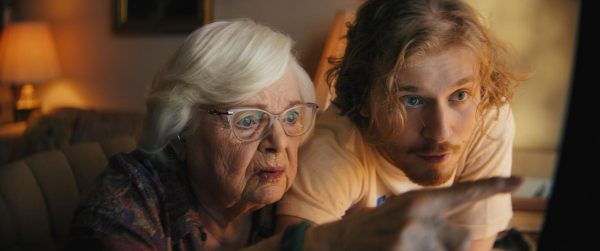
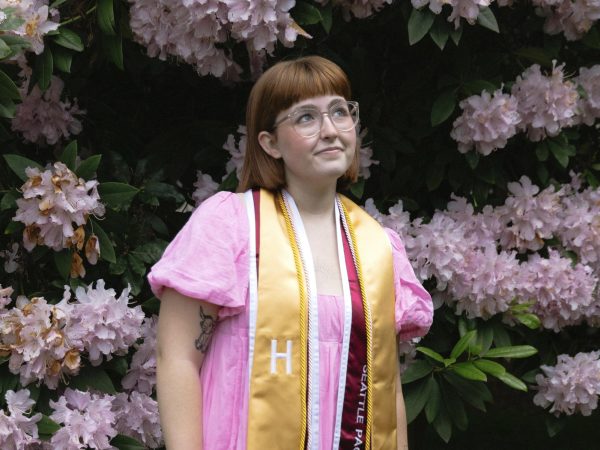
![Queer joy at SPU’s [Redacted] Fest](https://thefalcon.seapacmedia.com/wp-content/uploads/2024/05/04_14_23_9999_1-600x400.jpg)
